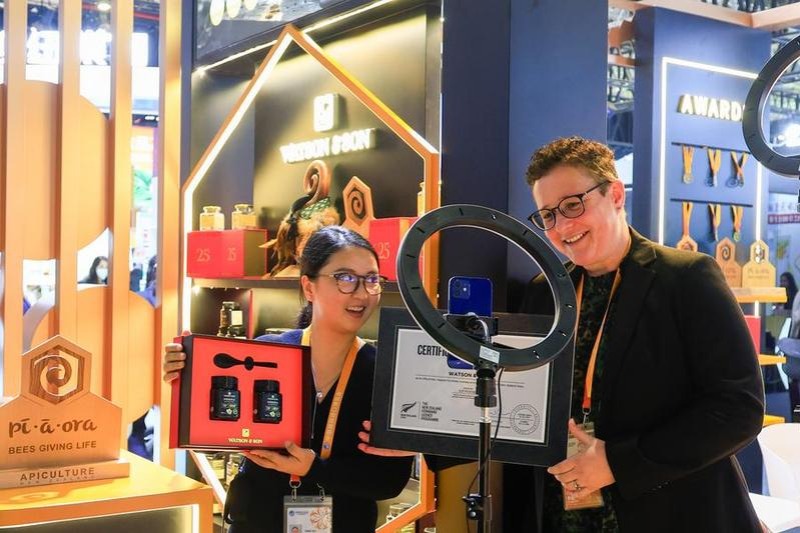AI tech must be used to recognize unacceptable online video content
By Barry He | China Daily Global | Updated: 2019-10-30 09:34

Whenever I use live streaming services, I alongside many others expect the content I watch to be predictable and safe with no nasty surprises. Earlier this month however, 2,200 people watched in horror as a gunman in Germany live streamed an attack on a synagogue.
But, before it was eventually removed after 30 minutes from the video streaming website Twitch-a website most commonly used by teenagers to live stream video game play-it was viewed by many minors and shared to countless other social media platforms.
The attack, which took place in the city of Halle, highlights the growing fear that we cannot control the kind of content which people upload onto the internet. The concern is that there is a growing and unsafe section of this space, where young and vulnerable people increasingly spend most of their time.
It seems that live streaming violent crime is becoming a worrying trend. One only has to look at the devastating mass shooting incident in New Zealand this year, where 51 people tragically lost their lives, to see how atrocities that we normally hear about in the news now get played out in real time on smartphones.
Often these videos are uploaded or streamed as casually as if it was just another video game. Joss Wright, from the Oxford Internet Institute told the BBC that "given the volume of content being created and uploaded every day, there is almost no practical way to prevent content like this being uploaded and shared".
This prospect is a depressingly daunting one, and is an unenviable challenge for the tech corporations. In China, live streaming is one of the tech industry's largest and most lucrative fast growing markets, forecasted to be worth up to 112 billion yuan ($16 billion) by 2020. It is important that such a large industry remains safe for young people online.
So, where do tech companies begin to start solving this issue? Twitch stated, in response to the incident in Halle: "Any act of violence is taken extremely seriously. We worked with urgency to remove this content and will permanently suspend any accounts found to be posting or reposting content of this abhorrent act."
Words are easy, but specific action on such a challenging issue is difficult. Twitch shared a "hash" of the video with other tech companies such as Microsoft and Facebook, to prevent its spread. A hash maps out the fixed value data points of a video file, unique to each, and can be compared to a fingerprint. This can help other companies detect the video quickly and remove it from their platforms.
This, however, does not prevent the videos from being uploaded and streamed in the first place. By the time the video is taken down, it is already too late. Facebook has started to use artificial intelligence and machine learning to instantly recognize unacceptable content. Such algorithms are designed to recognize visual cues indicating that the video is of a shooting, such as the shaky point-of-view given from a body camera. Facebook is currently in talks with police forces, seeking to obtain examples of body camera footage that would allow enough collection of data to advance this machine learning process.
While this new technique is in its infancy, it may be the only way to combat the sharing of such crimes in an age where the internet is so unregulated and anyone can upload anything. Proper dialogue between tech companies and authorities, such as the police force, should continue to take place so that collaboration can start to make progress in the face of such a complex issue.
Barry He is a London-based columnist for China Daily.
























